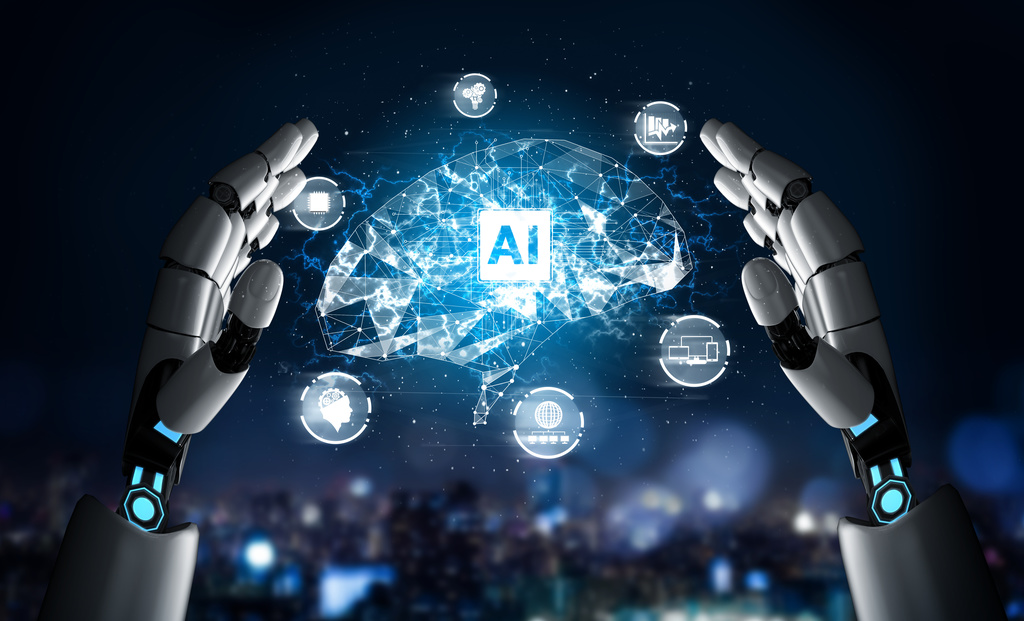The Rise of AI-Powered Tools: Revolutionizing Industries and Shaping the Future

Artificial Intelligence (AI) is no longer a futuristic concept confined to science fiction; it is now an integral part of our daily lives and an essential driver of innovation across industries. From automating mundane tasks to unlocking insights from massive datasets, AI-powered tools are transforming how businesses and individuals operate. This blog delves into the rise of AI-powered tools, their impact, challenges, and the exciting possibilities they offer for the future.
The Growing Influence of AI Across Industries
AI-powered tools are rapidly reshaping industries by enhancing efficiency, reducing costs, and enabling new capabilities. Here are a few examples of their influence:
- Healthcare: AI is revolutionizing patient care and diagnostics. Tools like IBM Watson Health analyze medical data to assist doctors in diagnosing diseases more accurately. Additionally, AI-driven wearable devices monitor health metrics in real-time, empowering individuals to take proactive steps for their well-being.
- Education: Intelligent tutoring systems and personalized learning platforms leverage AI to adapt content delivery based on a student’s learning pace and style. This creates a more tailored and effective educational experience.
- Retail: AI is transforming e-commerce through personalized recommendations, chatbots, and inventory management systems. For instance, Amazon’s AI algorithms analyze user behavior to suggest products that match their preferences, boosting customer satisfaction and sales.
- Marketing and Advertising: Marketers use AI-powered tools to analyze consumer behavior, optimize ad targeting, and create content. Platforms like HubSpot and Adobe Sensei help businesses deliver the right message to the right audience at the right time.
- Manufacturing: AI is at the core of Industry 4.0, enabling predictive maintenance, quality control, and supply chain optimization. Robots powered by AI work alongside humans to enhance productivity and safety in manufacturing plants.
Key Benefits of AI-Powered Tools
The widespread adoption of AI-powered tools is driven by the numerous benefits they offer:
- Increased Efficiency: AI automates repetitive and time-consuming tasks, allowing humans to focus on more strategic and creative aspects of their work.
- Enhanced Decision-Making: By processing vast amounts of data quickly, AI tools provide actionable insights that help organizations make informed decisions.
- Cost Reduction: Automation and optimization reduce operational costs, making businesses more competitive.
- Improved Customer Experiences: AI personalizes interactions, making them more engaging and relevant to individual preferences.
Challenges in Implementing AI-Powered Tools
Despite their benefits, adopting AI-powered tools comes with challenges:
- Data Privacy Concerns: With AI relying heavily on data, concerns about privacy and data breaches have risen. Organizations must implement robust security measures to protect sensitive information.
- High Implementation Costs: Developing and deploying AI solutions can be expensive, especially for small and medium-sized enterprises. Access to affordable AI-as-a-Service platforms is helping to bridge this gap.
- Ethical Issues: AI decision-making processes can sometimes be opaque, leading to biases and unintended consequences. Ensuring transparency and accountability in AI systems is crucial.
- Skill Gap: The demand for AI expertise often surpasses supply. Upskilling the workforce and investing in education are necessary to address this challenge.
The Future of AI-Powered Tools
As technology evolves, AI-powered tools are set to become even more sophisticated and impactful. Here are some emerging trends:
- Integration with IoT: AI and the Internet of Things (IoT) will work together to create smart environments, from homes and cities to industries. Devices will communicate and make decisions autonomously, improving efficiency and user experiences.
- Advancements in Natural Language Processing (NLP): AI tools like ChatGPT and virtual assistants are becoming more conversational and intuitive. This will enhance human-machine interactions, making AI more accessible.
- AI in Sustainability: AI will play a pivotal role in combating climate change by optimizing energy use, reducing waste, and developing eco-friendly solutions.
- Democratization of AI: With the rise of open-source AI tools and platforms, businesses of all sizes will have access to advanced capabilities, fostering innovation and competition.
Conclusion
The rise of AI-powered tools marks a new era of innovation and opportunity. By revolutionizing industries, improving decision-making, and enhancing customer experiences, AI is shaping a smarter, more efficient world. However, addressing challenges like data privacy, ethical concerns, and skill gaps is essential to harness its full potential responsibly. As we look to the future, the possibilities of AI-powered tools are limited only by our imagination and commitment to leveraging technology for the greater good.



